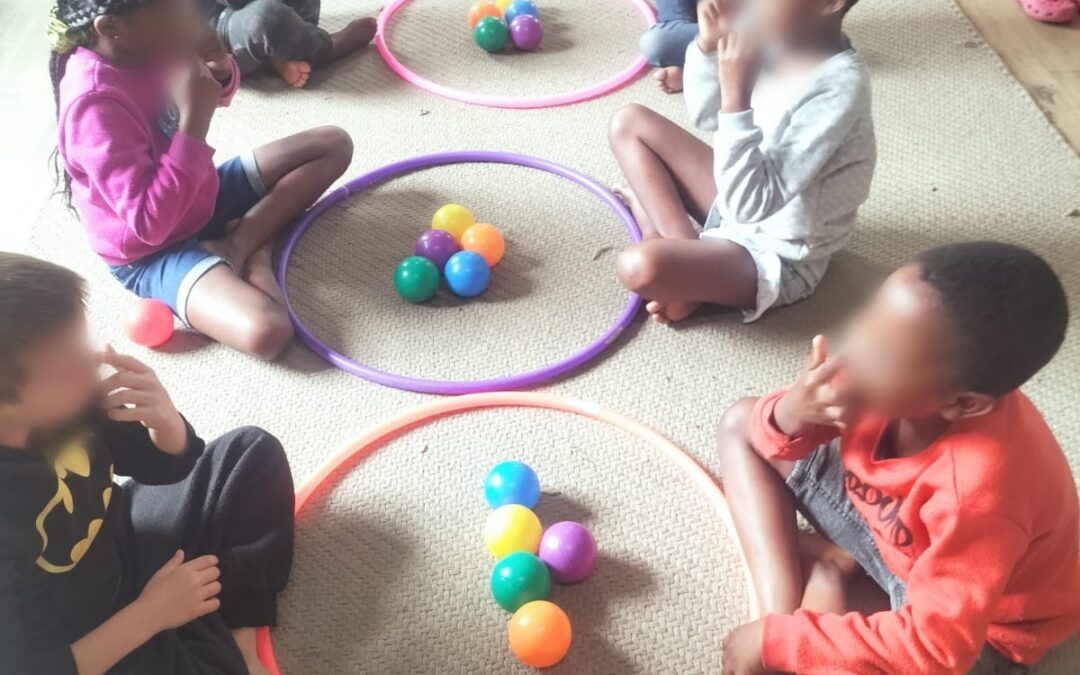What is Play Therapy? It is a psychological method that therapists use to help children and even adults explore their feelings, process experiences, and develop coping mechanisms. As adults we watch children spontaneously and often with great glee start playing with anything close by; a cardboard box, a twig, literally anything. This instinctive action is crucial for children’s healthy development, and contributes to their cognitive, physical, social, and emotional well-being. During Play Therapy, the therapist creates a safe, comfortable environment for the child and allows them to play while observing how the child expresses themselves through the play. This is especially helpful for children who struggle to verbally articulate their thoughts and emotions.
Generally, children who are referred for play therapy are those who struggle to express emotion in appropriate ways. Through regular interaction with the therapist, involving playing with toys, art, games, and role playing, the child learns how to express their feelings suitably leading to behaviour change, increased happiness, and critical thinking skills.
Knowing that young children often struggle with communicating their thoughts and feelings, we can help them learn how to become better able to express themselves by encouraging play that expands creativity, teaches problem-solving, relieves boredom, and encourages connections with other people. This will result in appropriate developmental growth and increased confidence.
+27 31 201 1301
info@dch.org.za


